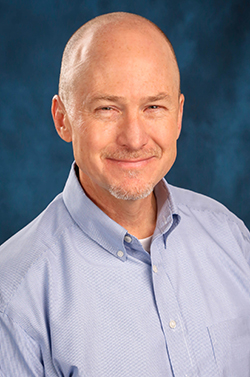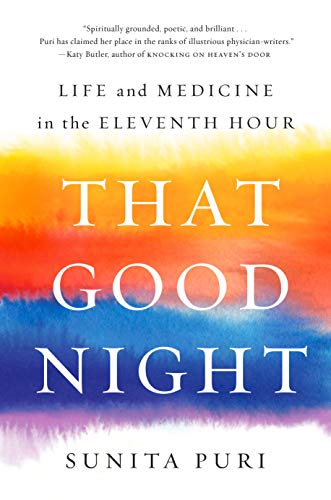No Freeway Between the Mind and the Heart
The mind takes in information and organizes spreadsheets of facts and soundbites. It makes lists of pros and cons and fills in the paint-by-number scenes of our lives with colors to outline discernible images. It advocates for a reality-based approach, interrogating the circumstances like Sgt. Joe Friday on the old TV series, Dragnet: “Just the facts, ma’am.” The mind knows because the mind was there, witnessed what happened, heard the words spoken.
Oh, but then there is the heart. The mind may know, but the heart believes. And the heart doesn’t believe everything that the mind tells it. Some facts are too much to take in, too terrible to consider, too heart-breaking to accept. At least in the beginning. So the heart tells the mind to “slow down.” Or, “Say that again, slower and with kindness and more explanation.” Or, “Back off, we’re not going there.”
Denial may be the mediator in these situations. The mind sees and the mind may know—that the situation is bad, that our person is dying, that there may not be any reasonable options—but denial knows that this is too much for the heart to take in all at once. So denial takes the phone and passes on the mind’s message to the heart in small pieces. Kindly, slowly, bit by bit as the reality of the situation becomes more and more clear to the heart. And even though denial is slowing down the message and cushioning its landing, it can still feel like a bomb to the heart. Too much to believe and too painful to accept.
Denial gets a bad rap, but it has an important role to play. We need it to help us not be blown away from the reality-bombs of our lives and to dull the realization and pain of our losses. Denial holds our hands, face to face with us and its back to source of our pain. It says, “Don’t look, look at me.” But in time, it moves. Still holding our hands, it moves a little so we get glimpses of the bombed-out wreckage of our lives, of our dreams. A little at a time, and still it feels too much, hurts so much. Denial keeps moving out of our line of sight for longer and longer periods as we take in more and more of the facts our minds have to show our hearts. Eventually, denial is standing and hand in hand at our side as we stare at what we have lost. And there comes a time when we realize that our hand is empty and denial is gone. Our mind and our heart sit weeping together.
Together, mind and heart compose the story and make as much sense as possible of what feels inconceivable in the beginning. The story is a blend of facts and beliefs. Sgt. Joe Friday actually never said, “Just the facts, ma’m,” but he said something close enough to be true in spirit. Sometimes our stories are like the Native American storyteller who began his tribe’s story of creation by saying, “Now I don’t know if it happened this way or not, but I know this story is true.”
There is no highway between the mind and the heart. Maybe life would be simpler, make more sense, if there were, but for whatever reasons, we’ve just not made that way. So much of the time it’s a long road with many twists, turns, and obstacles until we come to that small room called acceptance. We come to it arm in arm with mind and heart. Denial now stands at a distance, if seen at all, as we grasp the door and take our first, tentative step inside. Sometimes we stand with one foot in and one foot out. Even when we go inside, we may not sit at first, and it may take time until we decide it’s right to stay. With a heavy heart and a solemn mind, we eventually adjust. If we are fortunate to live longer, we will take this trip over and over again. The path will become worn, and while we may become wiser and more seasoned travelers, it will never be a painless journey. Fortunately, mind, heart, and denial will keep us from ever walking alone.

Greg Adams, LCSW, ACSW, FT
Program Coordinator
Center for Good Mourning
[email protected]






